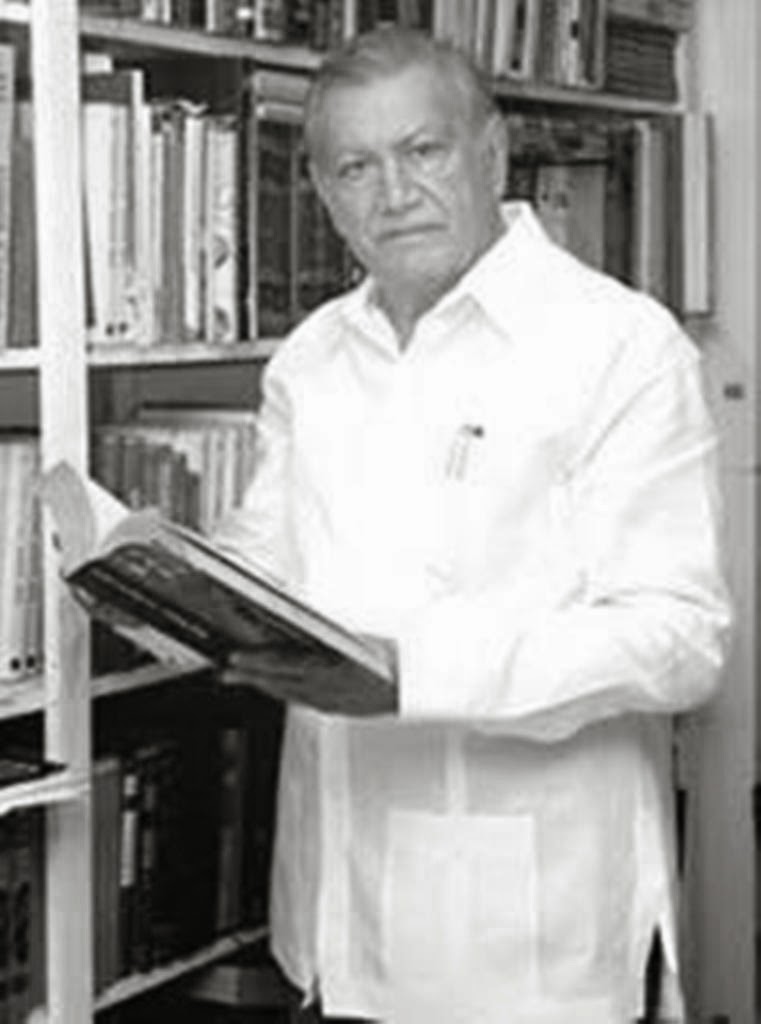The main thing you need to know about me is that I love eating more than anything else in the world. More than sex, more than tropical vacations, more than reading, more than any drug I’ve ever tried. I’m not fat—I’m actually quite slender—but I can’t take credit for any kind of willpower or exercise regimen. The truth is, I’m not fat because I only finish eating things that are really, really good, and there just aren’t that many of them in my opinion. I love eating, as I say, but I’m picky as hell. A French pastry, ethereal manifestation of butter, custard, and chocolate, designed like a little piece of modern architecture? I’m there. A slice of cold pizza? I might nibble at it until my hunger headache goes away, but no more.
So, for the tale I’m about to relate, this food-love is the central fact of my being. I have a job (coroner of New Orleans), five purebred Oriental Shorthair cats, a mixed-breed husband (Irish and Jewish; wire-haired; his name is Reginald, but I never thought that suited him, so I call him Seymour), a house, and a hell of a lot of books, but none of that is terribly important here. What’s important is that you understand how much I love to eat.
All right—the fact that I am the coroner of New Orleans is somewhat important too, but I don’t want to put you off right away. Just store that information for future reference.
People think New Orleans is a world-class food city. Possibly it is, but only in a very narrow sense. There’s a saying that we have a lot of great food but only about five recipes. Gumbo—etouffee—jambalaya—oysters Rockefeller—and I don’t even know what the fifth one is supposed to be. Maybe breaded, deep-fried seafood, because we certainly have plenty of that. I see arteries full of it on my tables every day.
Perhaps I’m being unfair. There are, in fact, a lot of good restaurants here. But most of them … well, did you ever see that episode of “Frasier” where Frasier asks Niles, “What’s the one thing better than a flawless meal?” and Niles answers, “A great meal with one tiny flaw we can pick at all night”? Most of the places here are like that, except the flaws aren’t tiny. I can easily think of twenty places with excellent appetizers, terrific entrees, and dessert lists dull enough to plunge me into despair (apple tart, bread pudding, the eternal Death By Chocolate). There’s a good French restaurant on Magazine Street where, even though I always pay with my credit card, the waiters refuse to acknowledge my existence—“May I clear that for you, sir?” they say, gazing lovingly at Seymour as they whisk away my salad plate. There’s a simple neighborhood place where they used to have perfect fried chicken livers, but they hired a new fry cook, and now (no matter how I beg) the lovely little livers resemble nothing so much as deep-fried pencil erasers. I don’t even want to talk about who and what you have to know to get a decent meal at the old-line venues like Antoine’s.














